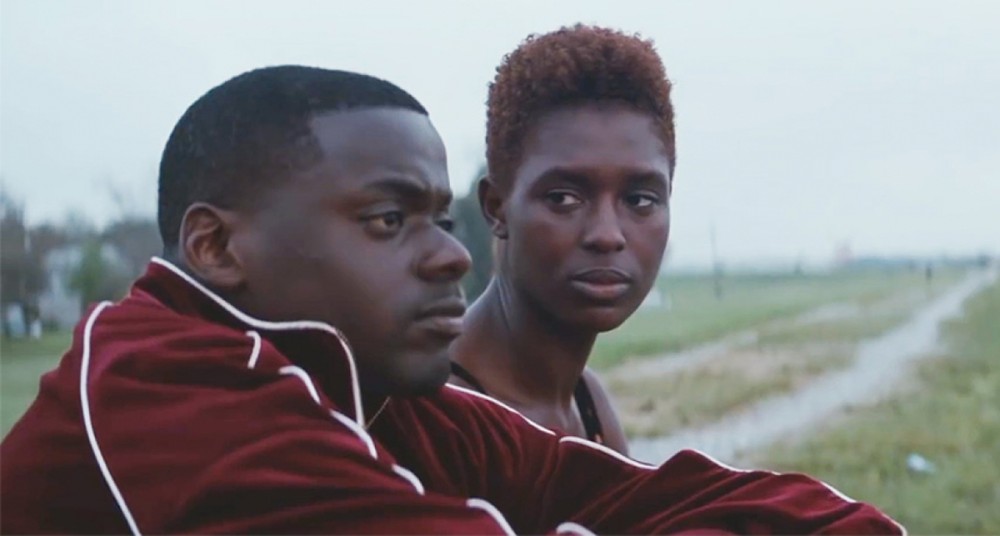Queen and Slim challenges assumptions about race, justice, and what matters
Melinda Matsoukas’s film rolls terror and hope into one story.

“Well, if it isn’t the black Bonnie and Clyde,” says Uncle Earl when Queen (Jodie Turner-Smith) and Slim (Daniel Kaluuya) show up at his New Orleans home on the run from the law in an early scene in Queen and Slim, directed by Melina Matsoukas. Whatever images of action and adventure are conjured up by the comparison with Bonnie and Clyde, they are undercut by the film’s unconventional narrative and languorous, often melancholy, tone.
Queen and Slim are outlaws because they accidentally killed a trigger-happy cop during a traffic stop. She is a defense attorney; he’s a black man in America; neither one of them has much confidence things will work out if they stick around to tell their side of the story. As they drive deeper into the American South, the legacy of black people living on the run permeates the landscape. The open vistas of gorgeous green land are marred by all-black prison gangs toiling in the fields, the prisoners’ ankles chained together. When Slim remarks how beautiful the land is, Queen asks quietly, “Is it?”
With an unexpected light hand, the film underscores police brutality as a constant state of life; the fundamental racial divide that runs through American culture, shaping the way black and white people receive and respond to the fugitives; and the persistent, debilitating poverty that marks most of the communities Queen and Slim can slip through undetected.




